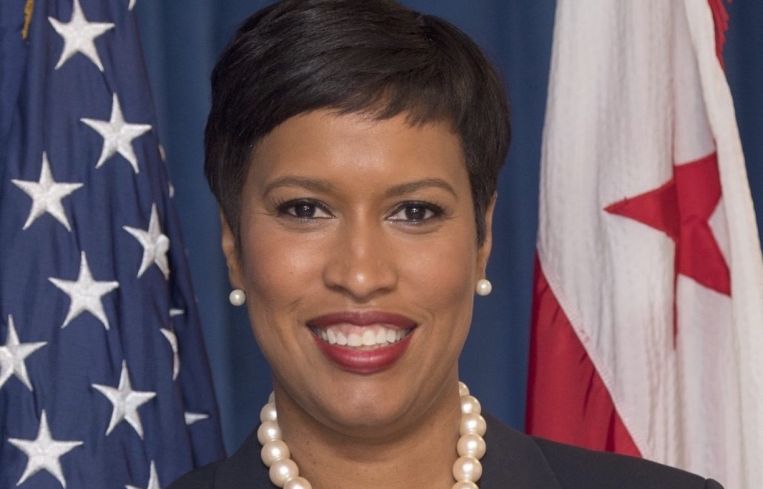What Mayor Bowser’s DC Budget Means for Real Estate
By Keith Loria May 28, 2021 11:19 am
reprints
On Thursday, Washington, D.C., Mayor Muriel Bowser presented her $17.5 billion budget for fiscal year 2022, focusing a great deal on investments to provide relief, recovery, and growth for residents and businesses across all eight wards.
“The sacrifices of our community over the past year and a half have saved lives and gotten us to where we are today — on the cusp of crushing this virus,” she said in a statement. “The Fiscal Year 2022 ‘Fair Shot’ Budget honors those sacrifices by making big investments in residents and businesses that were hit the hardest and setting our community up for a strong recovery.”
A big part of that is investing in affordable housing and safe neighborhoods.
Mayor Bowser committed a $400 million contribution to the Housing Production Trust Fund and an additional $42 million for project-sponsor vouchers to make housing deeply affordable to low-income residents.
Other components of the budget aimed at real estate include $352 million in rent and utility assistance to prevent evictions through the STAY DC program, which assists renters impacted by the pandemic; $113 million to rehabilitate and develop replacement public housing; and $67 million to purchase buildings for permanent supportive housing or deeply affordable housing, plus additional emergency and transitional shelter for victims of domestic violence.
The budget also included $17 million for housing preservation, including $5 million aimed at helping limited equity co-ops purchase their buildings, and $24 million set aside to assist low-income, first-time homebuyers with down payment and closing cost assistance.
Mayor Bowser also asked for $5 million to restore vibrancy to previously disused properties in neighborhoods most affected by violence.
In an effort to control homelessness, she also included money for the expansion of Project Reconnect, which provides one-on-one support to help adults at imminent risk of homelessness avoid entry into the emergency shelter system. In that regard, the budget has $102 million in renovations for the District’s permanent and temporary supportive housing and shelter services.
The reason for the larger-than-normal budget can be tied into the federal aid, with $2.5 billion in federal aid expected over the next three years as part of post-COVID recovery.
Over the next 54 days, the D.C. council can debate and make changes to the budget, with a first vote scheduled for July 20.



